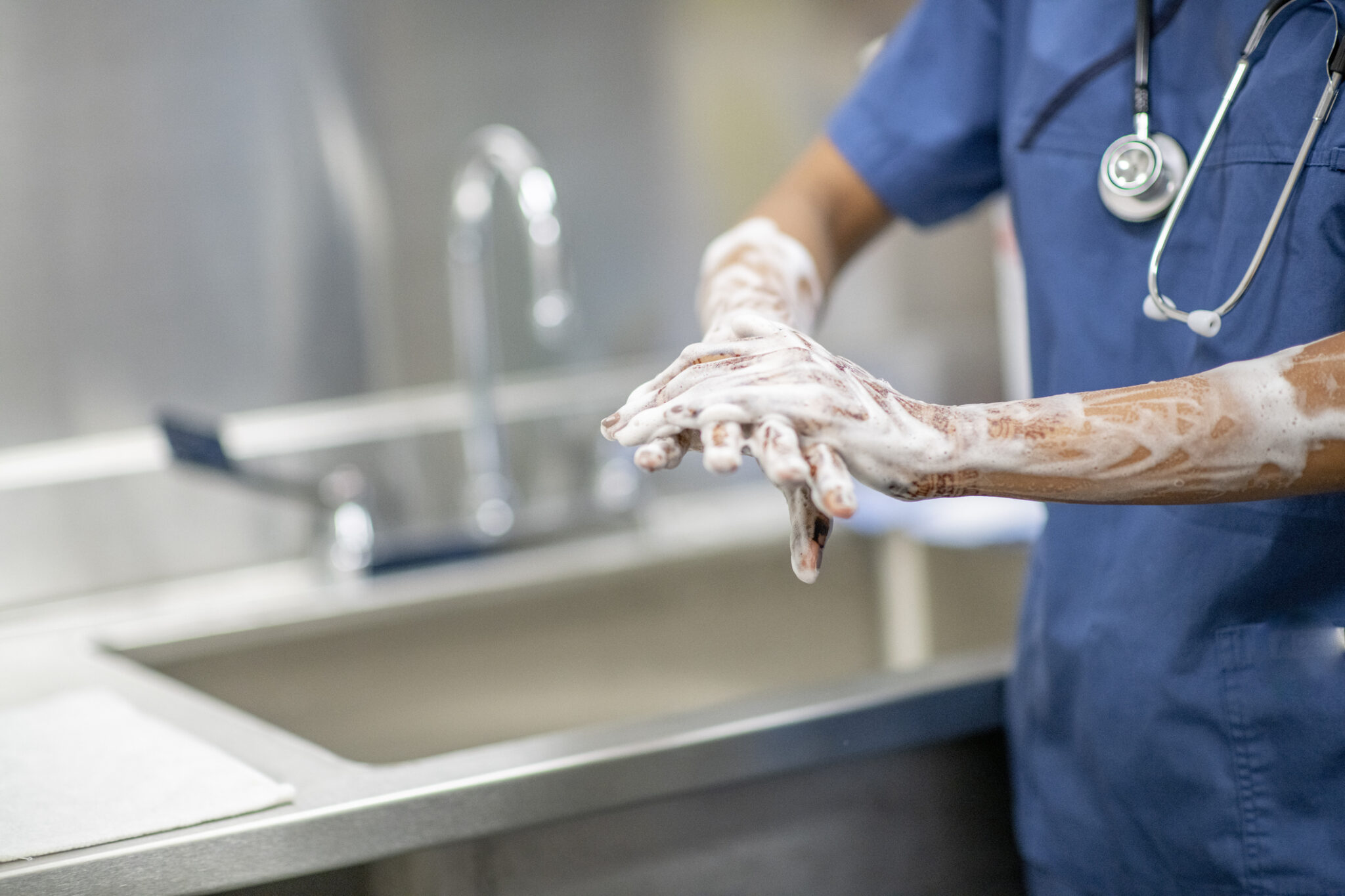Rural Medicine's Lifeline: How One Idaho Doctor Champions WWAMI's Critical Mission

WWAMI: Transforming Healthcare Education in Idaho
The WWAMI program stands as a beacon of hope and opportunity for aspiring medical professionals in Idaho, offering a comprehensive and innovative approach to healthcare education. This collaborative regional medical education program has become a critical pathway for developing skilled healthcare providers who are deeply committed to serving their local communities.
By providing Idaho students with access to high-quality medical training, WWAMI bridges the gap between educational opportunity and healthcare workforce development. The program not only supports individual students' dreams of becoming healthcare professionals but also addresses the pressing need for qualified medical practitioners across the state.
Through strategic partnerships and a unique educational model, WWAMI empowers Idaho's brightest minds to pursue medical careers while remaining connected to their home state. Students gain world-class medical training while maintaining a strong commitment to serving Idaho's diverse healthcare needs.
Dr. Maureen Ferguson, a passionate advocate for medical education, emphasizes the program's transformative impact on Idaho's healthcare landscape. By nurturing local talent and providing exceptional training opportunities, WWAMI is instrumental in building a robust, responsive, and compassionate healthcare system for the state.
